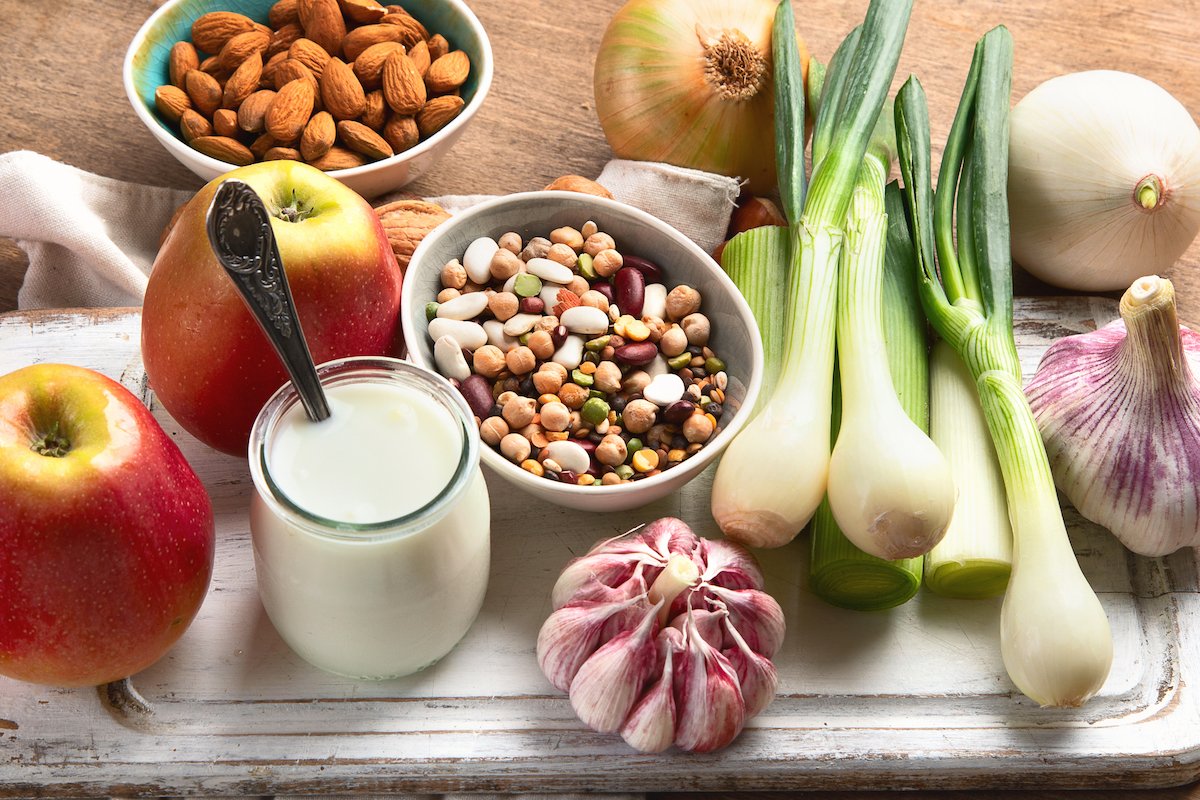Our immune system is an intricate defense network that shields us from harmful bacteria, viruses, and other disease-causing organisms. Remarkably, this system isn’t just about white blood cells and antibodies; a significant part of our immunity lies within our gut, where probiotics and prebiotics play a crucial role. Here’s the science behind it.
The Gut-Immunity Connection
Our gut, or more specifically the gut microbiota – the trillions of bacteria residing in our digestive tract – plays an essential role in our immune function. This vast microbial ecosystem helps educate our immune system, teaching it to differentiate between harmless and harmful invaders. A well-balanced microbiota is thus crucial for robust immune responses.

Role of Probiotics in Immunity
Probiotics are live microorganisms that, when ingested in adequate amounts, confer health benefits to the host. They are often referred to as “good” or “friendly” bacteria because they help maintain a healthy balance in the gut microbiota.
The immune-enhancing properties of probiotics are multifold. Firstly, probiotics can competitively exclude pathogenic microorganisms. By occupying the ecological niches in the gut, they prevent harmful pathogens from adhering to the gut lining and proliferating.
Secondly, probiotics can enhance the gut barrier function. They enhance the production of mucin, a glycoprotein that prevents pathogens from contacting the gut epithelium, and increase the production of tight junction proteins, which inhibit the translocation of pathogens across the gut lining.
Thirdly, probiotics can modulate the immune responses. They interact with gut epithelial cells and immune cells, inducing the release of various signaling molecules. These interactions can lead to increased production of antibodies, enhanced phagocytosis (a process by which immune cells engulf and destroy pathogens), and modulation of inflammatory responses.

The Importance of Prebiotics
Prebiotics are non-digestible food components that promote the growth and activity of beneficial gut bacteria. They serve as food for probiotics, helping them thrive in the gut ecosystem. Common prebiotics include fructooligosaccharides (FOS), galactooligosaccharides (GOS), and inulin.
Prebiotics indirectly support immune function by selectively promoting the growth and activity of beneficial bacteria. An increase in beneficial bacteria leads to enhanced production of short-chain fatty acids (SCFAs), particularly butyrate, propionate, and acetate. These SCFAs play significant roles in maintaining gut health and modulating immune responses. They help maintain the gut barrier function, have anti-inflammatory effects, and regulate the differentiation and proliferation of immune cells.

Harnessing the Power of Probiotics and Prebiotics
Considering the important roles probiotics and prebiotics play in immunity, incorporating them into our diet seems a wise move. Foods rich in probiotics include fermented foods like yogurt, kefir, sauerkraut, kimchi, and certain types of cheese. Prebiotics are found in foods like garlic, onions, leeks, asparagus, bananas, oats, and apples.
While probiotics and prebiotics can support immune health, it’s important to remember they are just one piece of the puzzle. A balanced diet, regular exercise, adequate sleep, and stress management are critical in maintaining a robust immune system.
In conclusion, the science behind the role of probiotics and prebiotics in immunity is intriguing and underscores the saying, “you are what you eat.” By nurturing our gut microbiota with probiotics and prebiotics, we support our digestive health and bolster our immune defenses.







